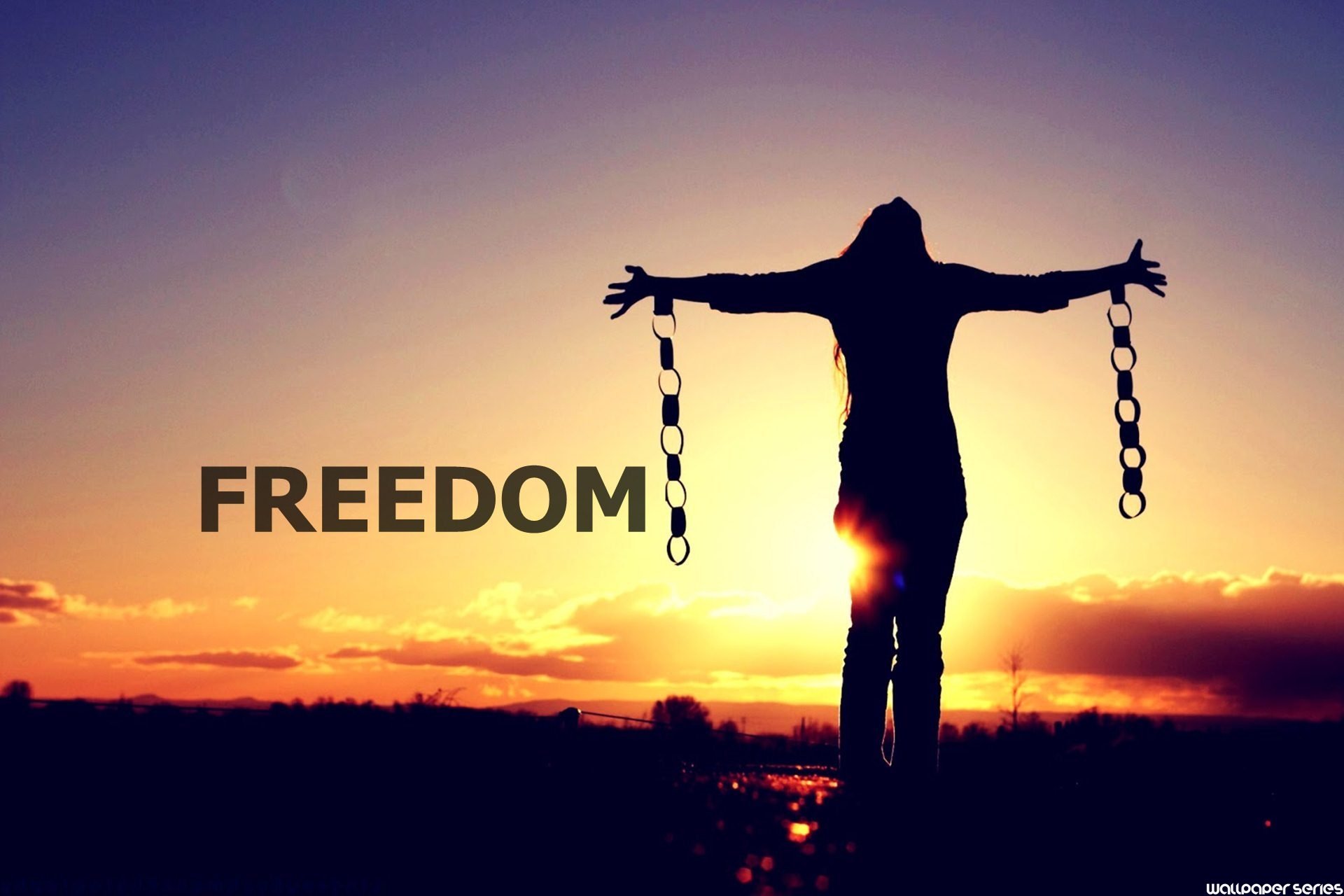Freedom, as construed within the Bahá’í teachings, emerges as a multifaceted concept, intricately intertwined with the existential struggle that humanity has faced throughout history. The question of how to attain genuine freedom while navigating the tribulations of existence elicits profound reflection. Bahá’í writings offer unique insights that promise a transformative perspective on this dichotomy.
The quest for freedom is a fundamental aspiration embedded in the human psyche. It transcends geographical, cultural, and historical boundaries. To many, freedom denotes the absence of oppression – a life free from tyranny and subjugation. Yet, the Bahá’í Faith posits a deeper understanding. It suggests that true freedom is not merely the absence of constraints but rather the possession of the moral and spiritual faculties necessary to transcend one’s desires and shortcomings. This distinction invites individuals to cultivate an inner liberation that miraculously reconfigures external constraints and societal structures.
The struggle of existence characterizes the human experience. Life is replete with trials, tribulations, and moral dilemmas that inevitably lead to the experience of suffering. Such adversity molds the character, compelling each individual to confront their inner demons. Bahá’í teachings elucidate the notion that this struggle is not inherently negative; rather, it is an essential catalyst for spiritual growth and development. The duality inherent in the human condition leads to a journey where freedom and struggle exist not in opposition but as complementary forces.
Central to this discourse is the concept of “detachment,” a recurring theme in Bahá’í literature. Detachment is not about renunciation or withdrawal from the world; it rather embodies a profound understanding of the transient nature of material existence. When individuals liberate themselves from excessive attachment to worldly possessions and ephemeral desires, they gain a vantage point that enables them to pursue higher truths and freedoms. This perspective shift fosters a profound sense of liberation, empowering individuals to navigate existence with grace, compassion, and resilience.
Furthermore, Bahá’í teachings emphasize the significance of service to humanity as an avenue for achieving true freedom. Engaging in acts of altruism allows individuals to transcend their egoistic inclinations. Through service, individuals can align themselves with the divine attributes, which serve as counterweights to the struggles of existence. Each act of kindness becomes a testament to one’s capacity for love, mirroring the divine essence and deepening the inaugural connection with humanity.
The interplay between freedom and struggle is not merely a philosophical concept; it is also a pragmatic approach to understanding human dynamics. Bahá’í writings advocate for a global perspective that transcends sectarian divides. The notion of oneness becomes a pivotal pillar, reinforcing the notion that the well-being of one is inextricably linked to the well-being of all. This highlights a collective struggle – a shared journey toward freedom that is inclusive and holistic.
As individuals navigate the contours of existence, they encounter moments of awakening—epiphanies that yield questionings and realizations. Such encounters beckon the individual to examine their spiritual state and societal position, often leading to a re-evaluation of one’s priorities. The Bahá’í teachings encourage continuous reflection and introspection, urging adherents to remain vigilant against complacency. True freedom is depicted as an active, dynamic state that requires diligence and commitment.
The concept of “Unity in Diversity” further enriches the understanding of freedom versus struggle. The exquisite tapestry of human life is woven with diverse threads, each representing unique cultural, ethnic, and ideological backgrounds. The acknowledgment and appreciation of this diversity serve to broaden one’s understanding of freedom. It manifests as an explicit call to foster dialogue, empathy, and cooperative interactions among various groups. In doing so, individuals actively contribute to the dismantling of barriers, thereby lessening the collective struggle we face as a global society.
It is worth noting how the Bahá’í perspective provides a refreshing lens through which to approach contemporary sociopolitical issues. Amidst rising tensions and conflicts, the teachings advocate for a vision steeped in justice and equity. By embracing the principles of equality and fairness, individuals contribute to the transformation of societal structures. This commitment to justice not only signifies a struggle against oppression but also paves the way for a more liberated existence for all.
In conclusion, the intricate dance between freedom and the struggle of existence invites a profound rethinking of how one approaches life. Bahá’í teachings offer a holistic framework that emphasizes the development of inner virtues, social responsibility, and the necessity for ongoing introspection. Such an approach reveals the depth of human experience, positioning struggle not as an obstacle to freedom but as an essential pathway leading to it. By embarking on this journey of self-discovery and collective responsibility, individuals can ultimately become catalysts for a more unified and liberated world. The promise of freedom, then, rests upon the shoulders of those willing to engage in the struggle, acknowledging its pivotal role in shaping both personal and communal identities.
